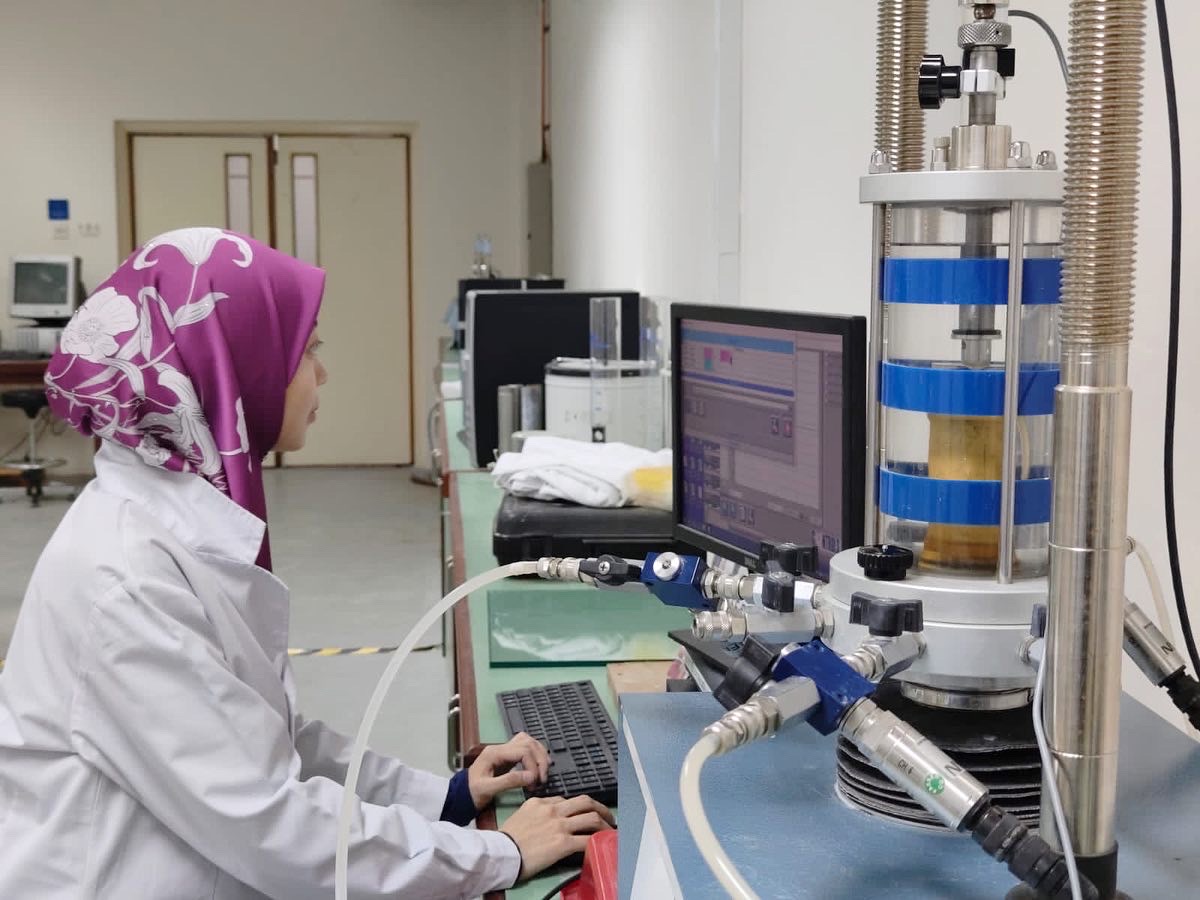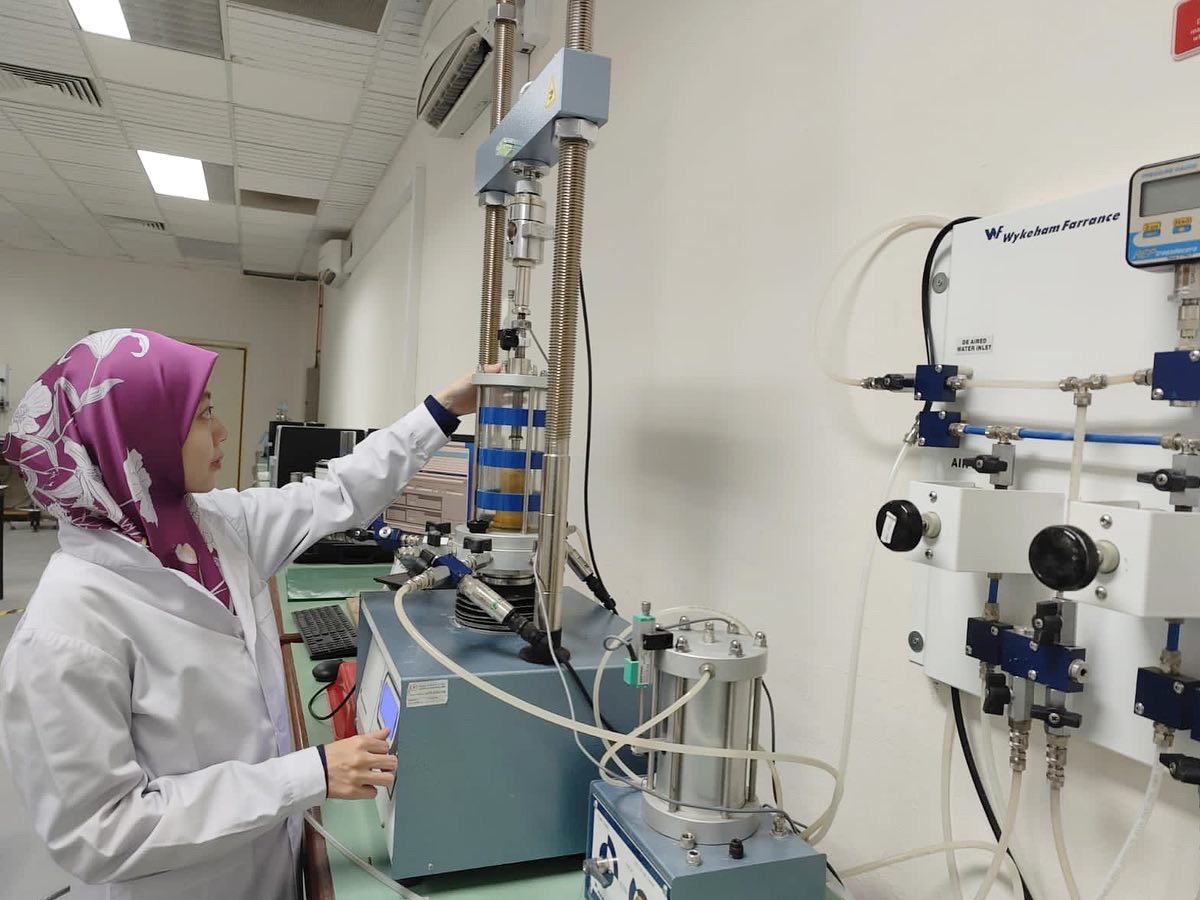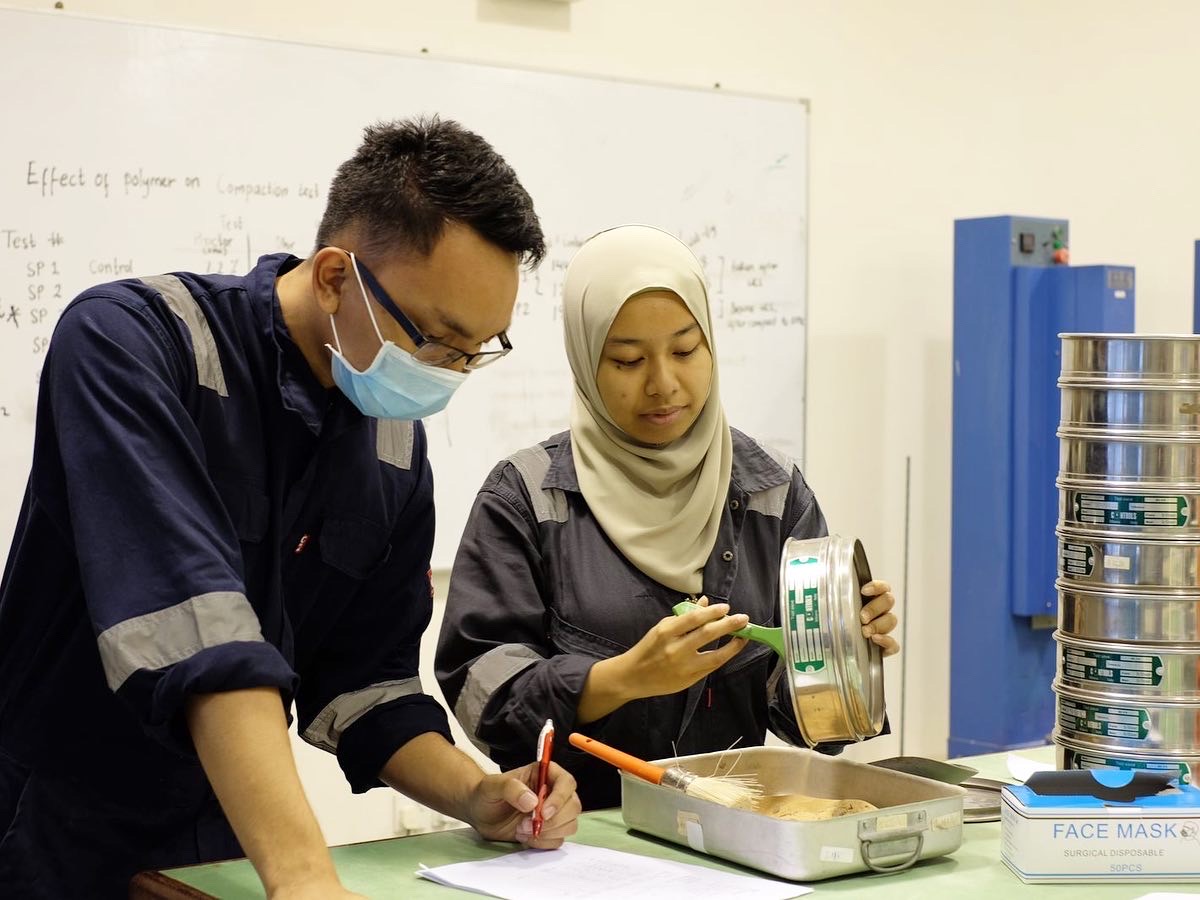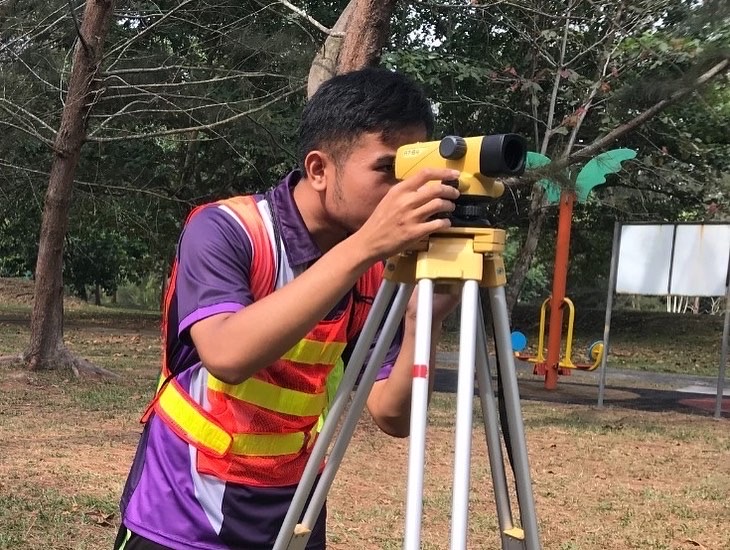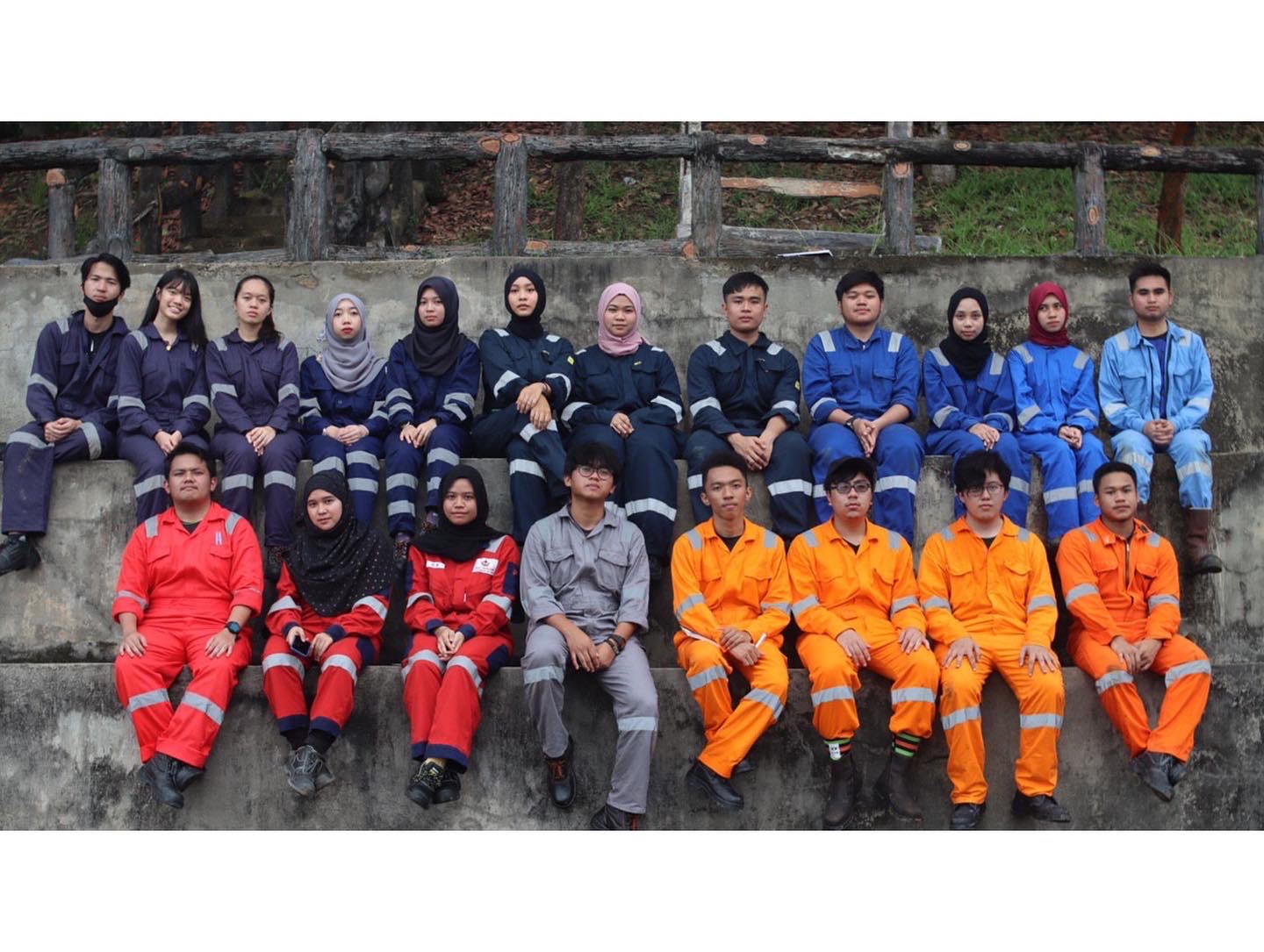UTB successfully attained and extended the professional accreditation from the Joint Board of Moderators (JBM) of the United Kingdom in September 2022 for all the programmes offered by the Civil Engineering Programme Area of the Faculty of Engineering. JBM represents five UK professional engineering institutions, which are the Institution of Civil Engineers, the Institution of Structural Engineers, the Institute of Highway Engineers, the Chartered Institution of Highways and Transportation, and the Permanent Way Institution. Hence, the programmes cater to anyone who intends to become fully-fledged Chartered Engineer (CEng) under those institutions.
The accredited master’s degree programmes are the new MSc in Civil Engineering and MSc in Water Resources & Environmental Engineering programmes. Both are accredited as meeting the requirements for Further Learning for CEng for those who already have a partial CEng–accredited bachelor’s degree. Hence, graduates who have completed the BEng (Hons) and the MSc programmes will meet the educational requirements for becoming a Chartered Engineer.
The accredited bachelor’s degree programmes are the BEng (Hons) Civil Engineering and the BEng (Hons) Civil Engineering with Structural Engineering programmes, which are both four-year full-time programmes. Both are accredited as fully satisfying the academic base for an Incorporated Engineer and partially satisfying the educational base for Chartered Engineers.
According to Dr Lim Pang Jen, Programme Leader of Civil Engineering Programme Area, both bachelor’s degree programme benefits from strong links with industry, and include two months of internship in local or overseas organisations to prepare graduates well for work and further study. The programmes continue to evolve to meet professional requirements, including increased focus on sustainable development and climate change. Their reputation is also reflected in the QS Stars, where Civil and Structural Engineering scored the maximum 5 stars in programme strength. The MSc in Civil Engineering programme was first offered for the July 2021 intake and caters to the needs of the construction industry, including through the provision of the part-time programme for working professionals. All of this programme’s modules can be individually taken up by the public, through the UTB’s Postgraduate Micro-credentials programme (http://www.utb.edu.bn/triced/microcredential.html).
The UTB-JBM Accreditation Coordinator and Senior Assistant Professor, Dr Uditha Ratnayake, also shared that JBM accreditation is based on the sufficiency of the civil engineering knowledge gained by the graduates to begin their career as an entry level engineer with any global or local civil engineering employer. During their visit, the JBM independently evaluated the academic works of the students. In addition, they also had dialogues with the students, staff, industry representatives and potential employers on the expectations, achievements, employability, and future plans.
Professor Ramesh Singh Kuldip Singh, a Senior Professor and Dean of the Faculty of Engineering also added that the qualifications of these graduates are thus recognised internationally for work and further study, and they establish their credentials towards becoming chartered engineers and model professionals. With this accomplishment, UTB joins the ranks of many well-established universities in the United Kingdom and elsewhere in terms of providing quality civil engineering education that meets the stringent quality requirements of the professional engineering institutions. This contributes to UTB's aspiration to ensure its graduates are well-qualified for the local and global market, in support of Brunei Wawasan 2035.


